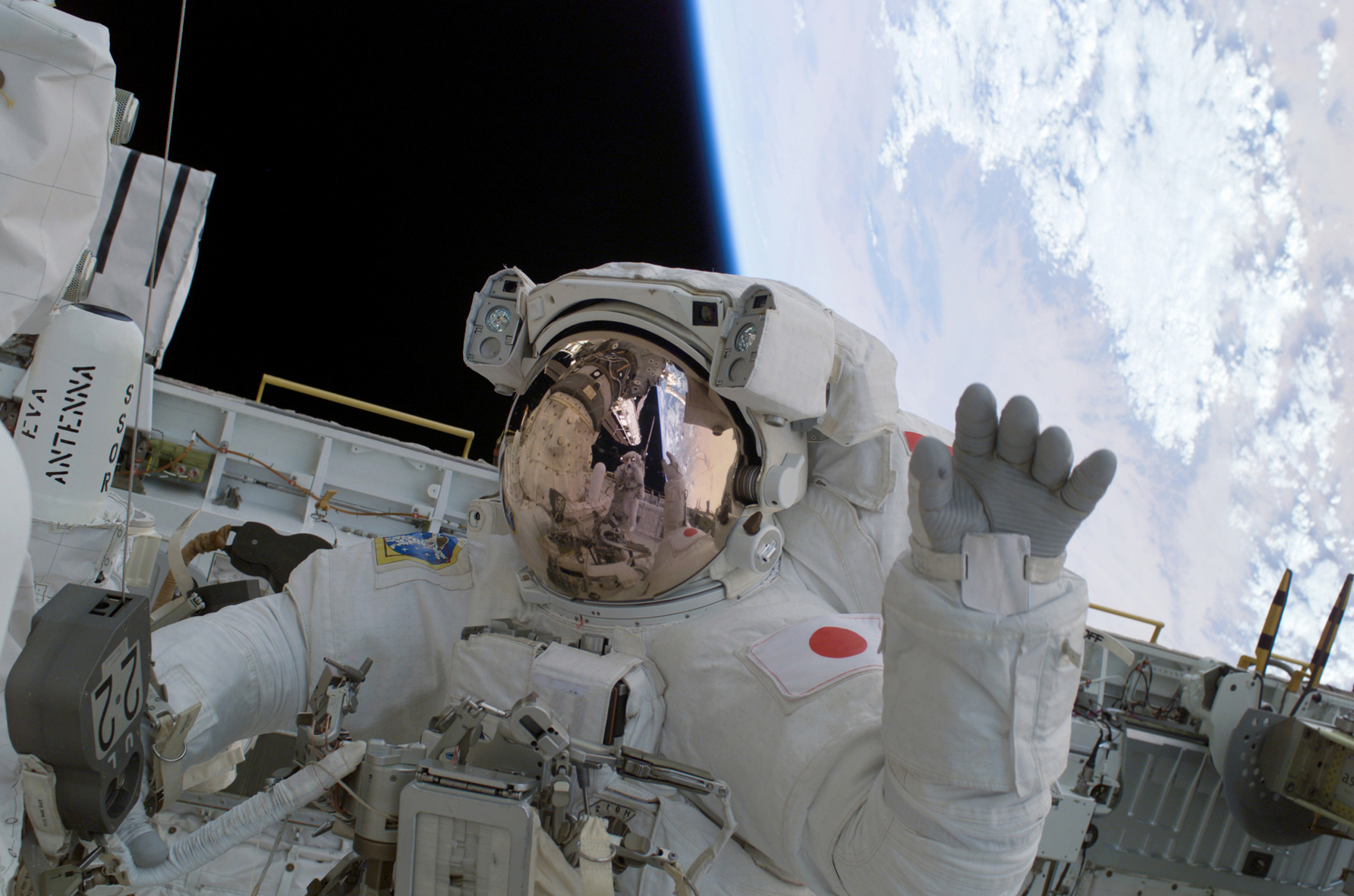Most Mysterious Planets in Our Solar System
The universe is a vast, enigmatic place, brimming with countless mysteries that continue to baffle scientists and astronomers. Our solar system, a tiny part of this colossal cosmos, hosts a myriad of celestial bodies, each with its unique peculiarities. Among these, some planets stand out due to their inexplicable characteristics and the enigmas they present. This article takes you on a captivating journey through the 18 most mysterious planets in our solar system, offering a detailed exploration of their secrets and how they challenge our understanding of science and the universe.
Mercury - The Sweltering Icebox
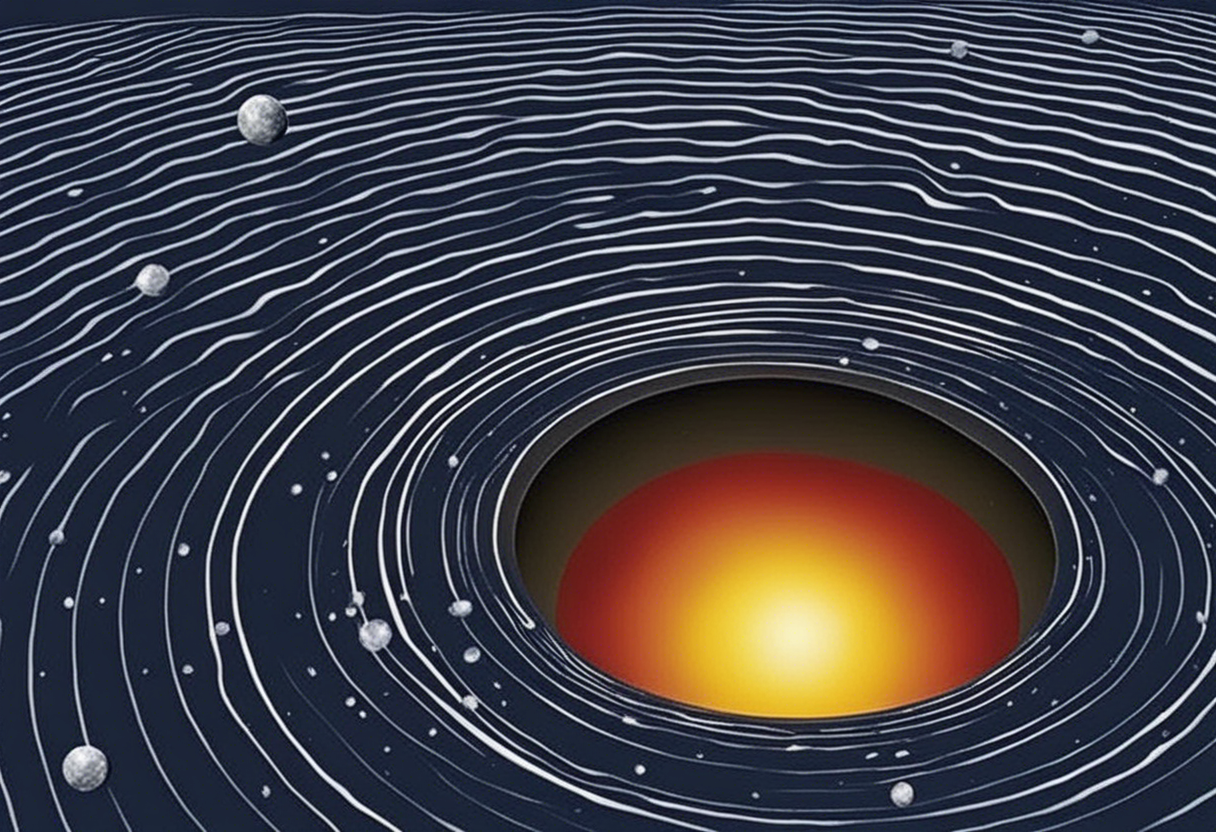
Mercury, the smallest planet in our solar system, presents a paradox of being an icebox in sweltering heat. Despite being closest to the Sun, it harbors ice in permanently shadowed craters near its poles. Scientists are still trying to understand this phenomenon, which defies the laws of physics as we know them.
Venus - The Retrograde Rotator
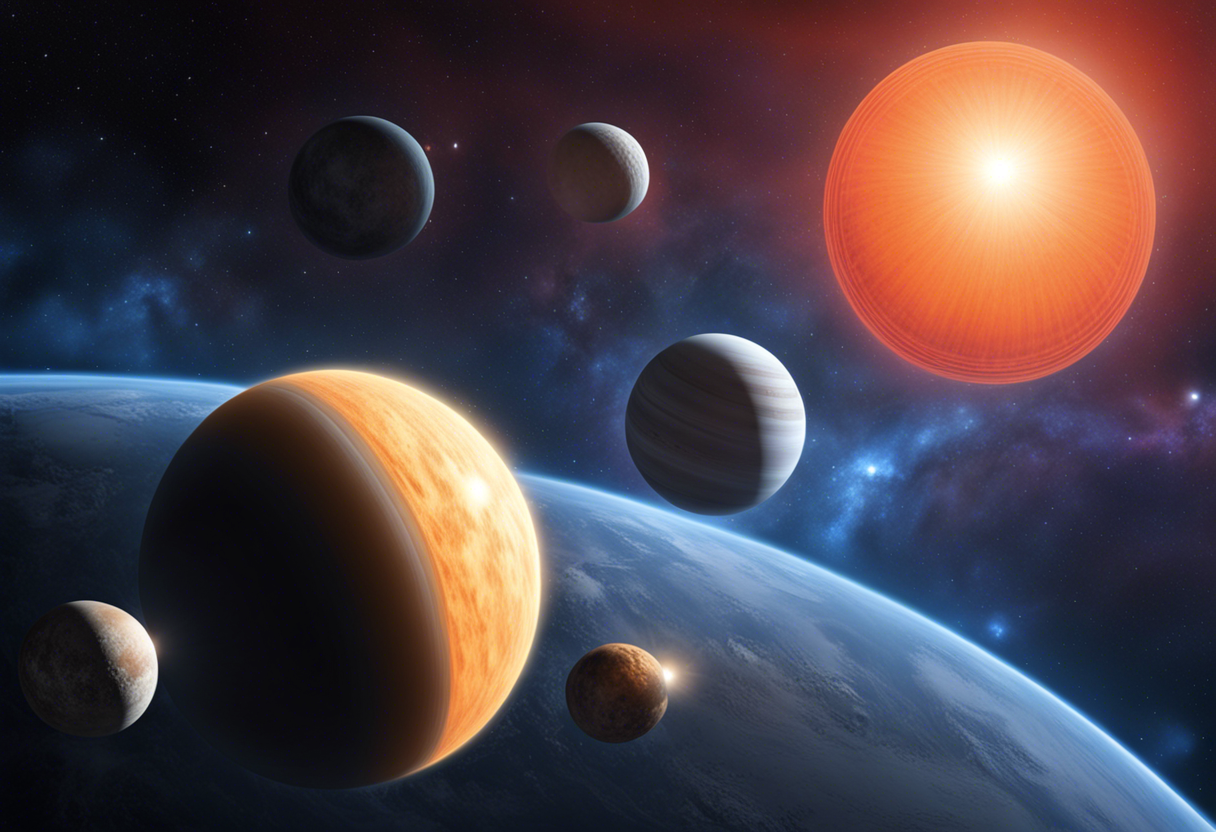
Venus, our solar system's second planet, spins in the opposite direction to most other planets. This unusual phenomenon, known as retrograde rotation, makes Venus' day longer than its year. The reasons behind this peculiar rotation remain a mystery.
Earth - The Life-bearing Enigma
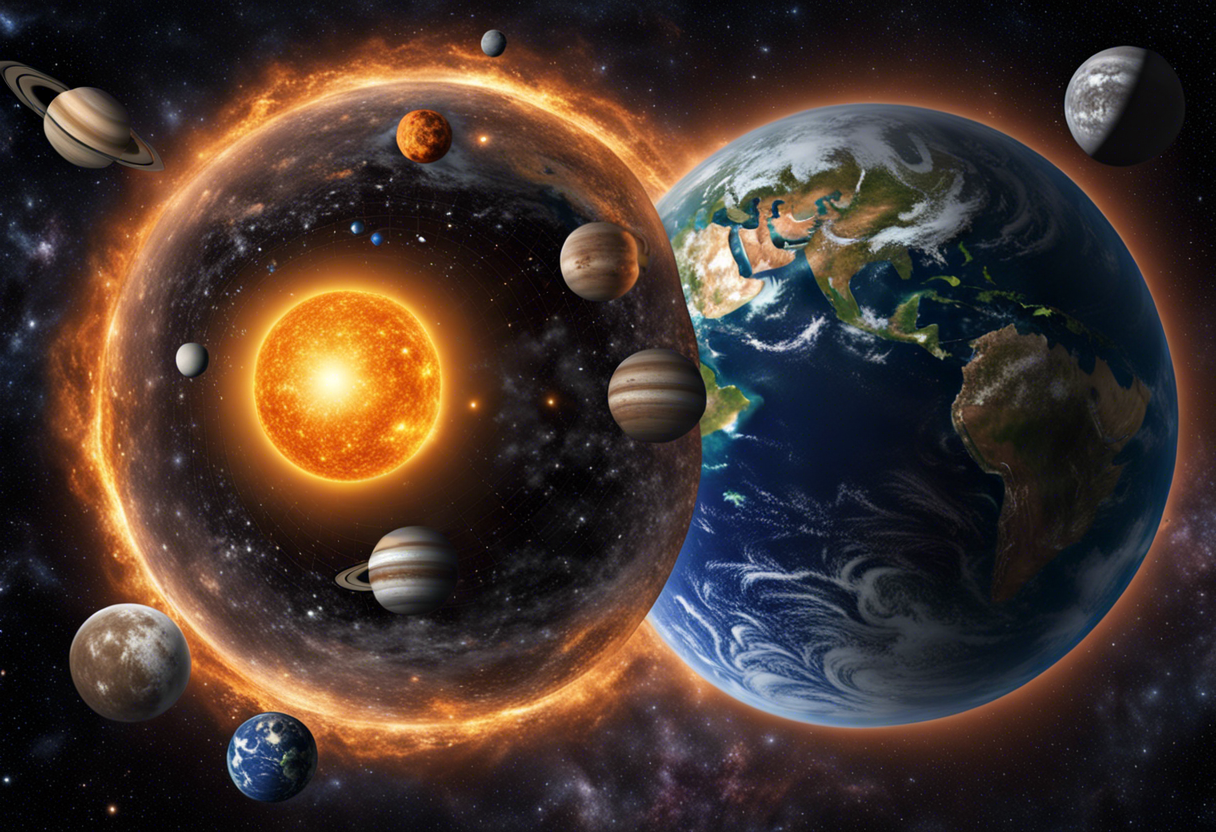
Earth, our home planet, is the only one known to support life. Despite extensive space exploration, scientists haven't found life elsewhere in the solar system. The elements and conditions that make life possible on Earth remain a perplexing puzzle.
Mars - The Riddle of Liquid Water
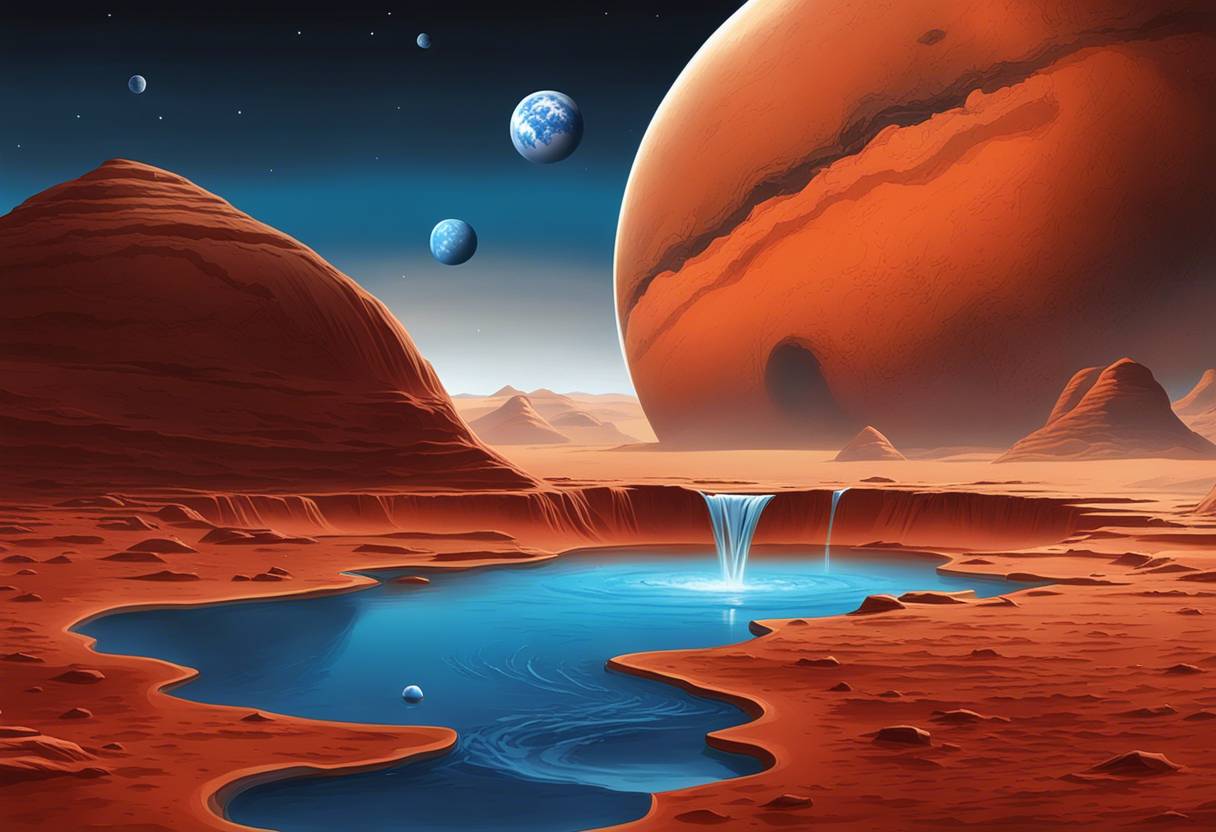
Mars, the red planet, has long been a source of fascination due to evidence of liquid water in its past. The existence of water suggests the possibility of life, but the question remains: what happened to the water, and could life still exist there?
Jupiter - The Giant's Red Spot
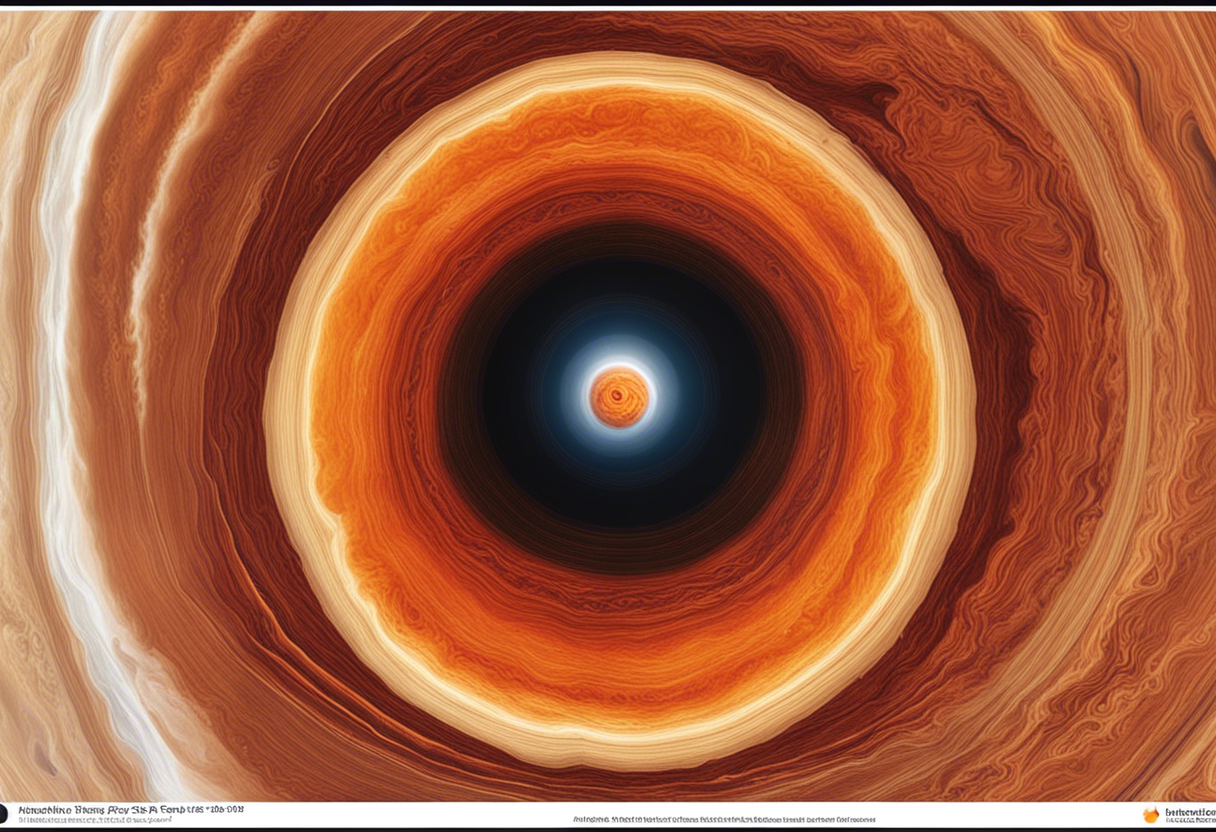
Jupiter, the largest planet in our solar system, is known for its Great Red Spot, a storm twice the size of Earth that has raged for centuries. The reasons behind the storm's longevity and distinctive color are still unknown.
Our solar system is a treasure trove of mysteries, each planet and celestial body offering unique puzzles and challenges to our understanding of the universe. As we continue to explore these enigmatic worlds, we not only unravel the secrets of our cosmic neighborhood but also gain deeper insights into our place within the grand tapestry of the cosmos.



